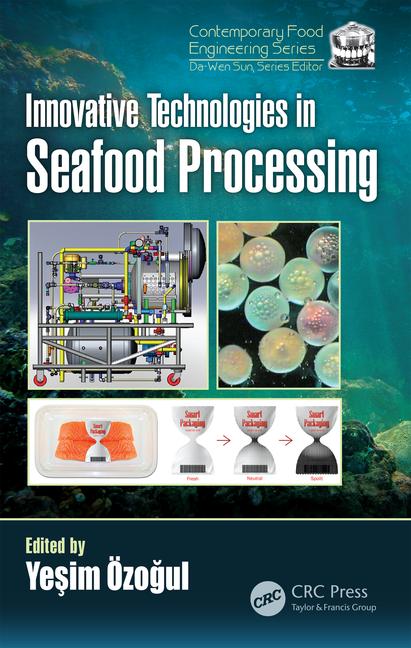The United States Department of Agriculture (USDA), Washington, D.C., is investing up to $25 million per year over the next five years to help support the adoption and evaluation of innovative conservation approaches on agricultural lands.
USDA’s Natural Resources Conservation Service (NRCS) is accepting proposals through July 15 for On-Farm Conservation Innovation Trials, a new sub-program created by the 2018 Farm Bill for the USDA’s Conservation Innovation Grants (CIG) program. On-Farm Trials include a Soil Health Demo Trial, also created by the 2018 Farm Bill.
“Our Conservation Innovation Grants program is time-tested, highly successful and has led to tremendous discoveries and enhancements in conservation over the years,” says Matthew Lohr, chief of NRCS. “The addition of On-Farm Trials and the Soil Health Demo Trial provide us with expanded opportunities to work with partners to encourage the adoption of innovative conservation approaches that, for any number of reasons, have yet to be widely adopted by agricultural producers.”
NRCS is now accepting proposals from the following eligible entities:
- Private entities whose primary business is related to agriculture.
- Non-governmental organizations with experience working with agricultural producers.
- Non-federal government agencies.
Through On-Farm Trials, NRCS and partners will collaborate to encourage the adoption of innovative practices and systems on agricultural lands. On-Farm Trials funding goes directly to partners, which in turn provide technical assistance and incentive payments to producers to implement innovative approaches on their lands.
A critical element is the project evaluation. Partners must propose robust scientific approaches to their on-farm trials, resulting in data and analyses of the environmental, financial and social impacts of the trials.
“We are asking partners that have access to producer networks to join us in putting innovative conservation under the microscope to figure out how to expand the adoption of innovative practices and systems,” says Lohr. “NRCS intends to use On-Farm Trials results to inform our own work with farmers, ranchers and forest landowners.”








